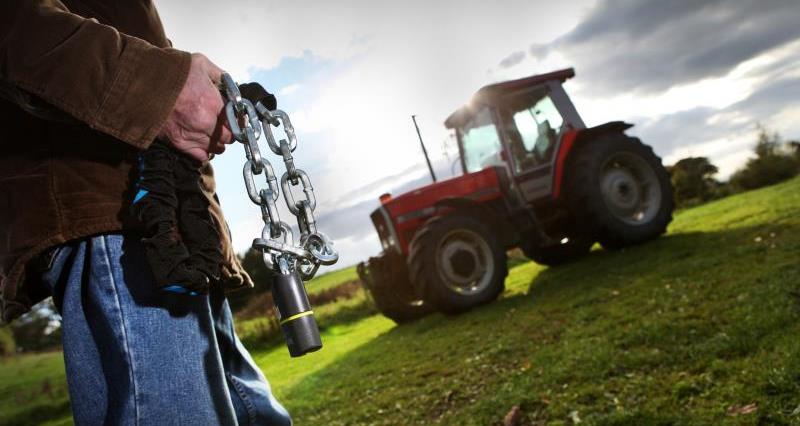But highly-organised criminals continued to plague South West farms during the pandemic, stealing livestock, agricultural vehicles and Global Positioning Systems.
NFU Mutual’s annual rural crime report revealed that rural theft cost the whole of the UK an estimated £43.3m in 2020, a fall of 20.3% on the previous year, the lowest annual cost for five years.
The South West was the only part of the UK where livestock theft costs increased significantly in 2020, with a 39% rise to over £345,000. In contrast, the UK saw the cost of rustling fall by 25% to £2.3m.
Thieves also turned their attention onto smaller, high-value targets including Global Positioning Systems (GPS). NFU Mutual saw the UK-wide cost of claims for GPS almost double last year to £2.9m, as demand across the globe fuelled the crime wave.
Roz Hills, NFU Mutual Regional Manager for the South West, said: “While lockdown may have locked some criminals out of the countryside, rural crime hasn’t gone away. Thieves are now returning armed with new tactics and targets. As the economic impact of the pandemic bites, we are very concerned that rural theft may escalate significantly.
“The South West’s sharp increase in livestock theft is a major concern, and we are working on an initiative with police partners to combat this crime and deter others from stealing sheep and cattle.
“Last year also saw sharp rises in other crimes such as dog attacks on livestock which caused appalling suffering to farm animals and huge anxiety for farmers and their families as they dealt with the aftermath.
“There’s no doubt that when we work together with police, farmers, communities and other rural organisations to tackle rural crime it can make a real difference. That’s why we’re investing over £430,000 in carefully targeted rural security schemes this year. The extra funding will help police join forces with local farmers, set up covert operations and tackle both agricultural vehicle theft and rustling.
“We believe this is vital support because rural crime isn’t just about money to replace stolen tractors and livestock. It causes disruption, seriously affects farmers’ mental well-being and destroys the trust which enables rural communities to flourish.”
